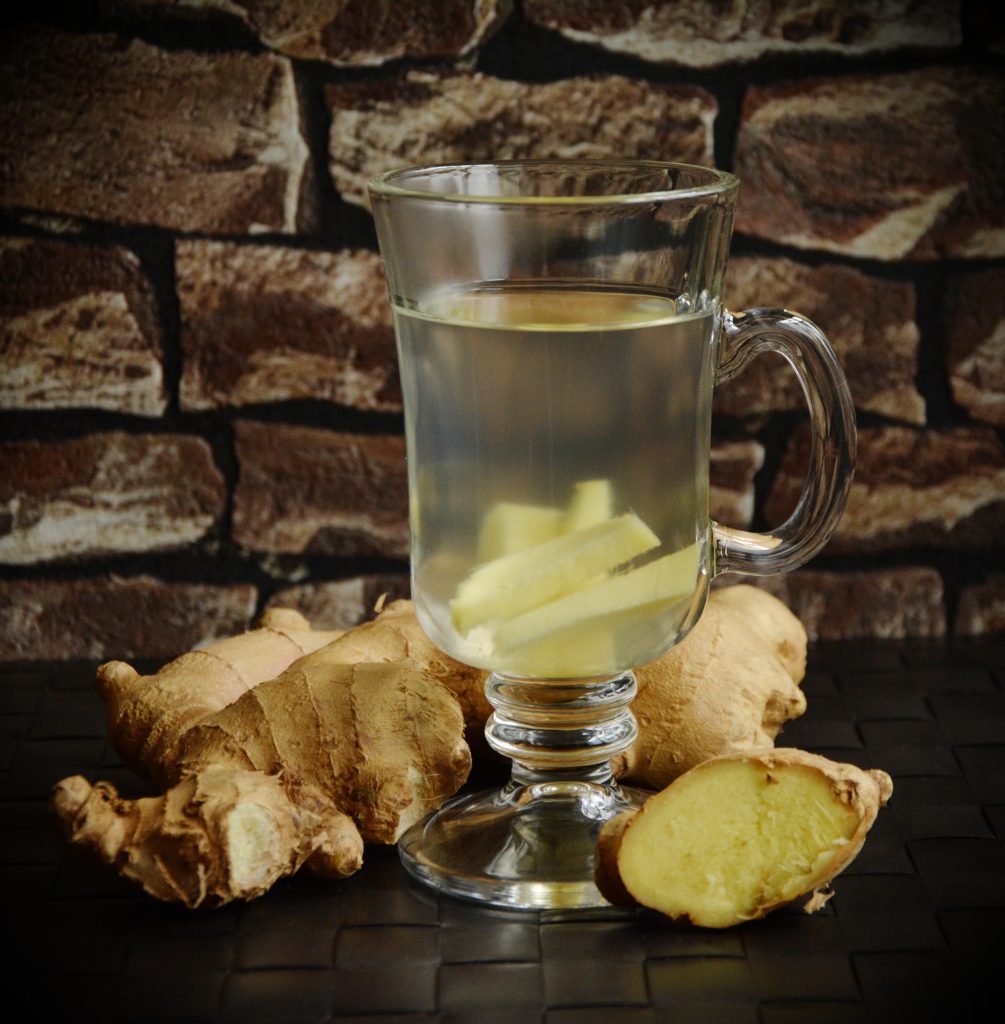
Nervous Stomach Anxiety: yin/yang explanation
Why You get Nervous Stomach Anxiety and How to Handle It. Acupuncture has great ways to help.

Lung Phlegm Cold is a syndrome in Chinese medicine. That means it describes one of the ways people using Chinese medicine describe how your lungs behave when ill. (This syndrome is also known as ‘Cold and Phlegm in the Lungs’.)
In this case, there are aspects – as you’d expect – of Phlegm and Cold!
As an analogy, think of what happens when you pour cold water onto a fire. If the fire is strong and has enough fuel and oxygen, you’ll get steam. If the fire is small and weak, you’ll put it out! |
|---|
If Lung Phlegm Cold persists, it can itself aggravate or cause other conditions like Stomach and Spleen deficiency. It can, surprisingly, in old people block things up so much that they develop Lung Dryness.
When Phlegm accumulates, it can produce or worsen Blood Stasis. However, usually this happens only to patients whose energy is already low, perhaps from other diseases, or because they are old.

Click to read about acupuncture points along the Lung channel.

Stay in Touch!
No spam, only notifications about new articles and updates.

Book a Video consultation if you want to know more about your symptoms

Why You get Nervous Stomach Anxiety and How to Handle It. Acupuncture has great ways to help.
Subscribe to the Newsletter
If you are interested in understanding how Traditional Chinese Medicine can improve your life sign up to my newsletter for the latest updates.
Subscribe to the Newsletter
If you are interested in understanding how Traditional Chinese Medicine can improve your life sign up to my newsletter for the latest updates.